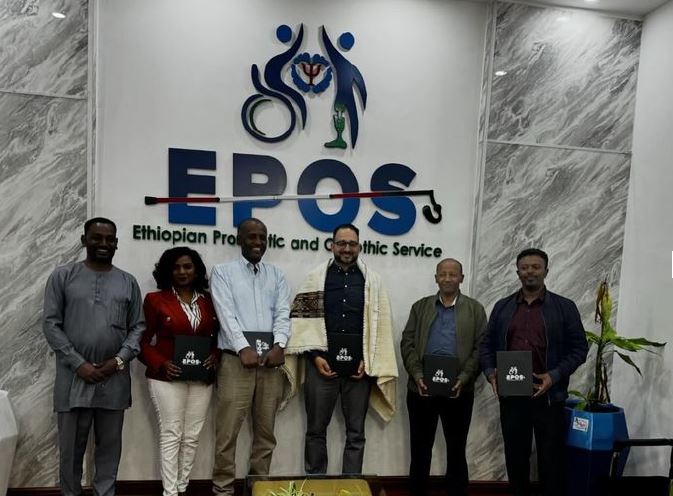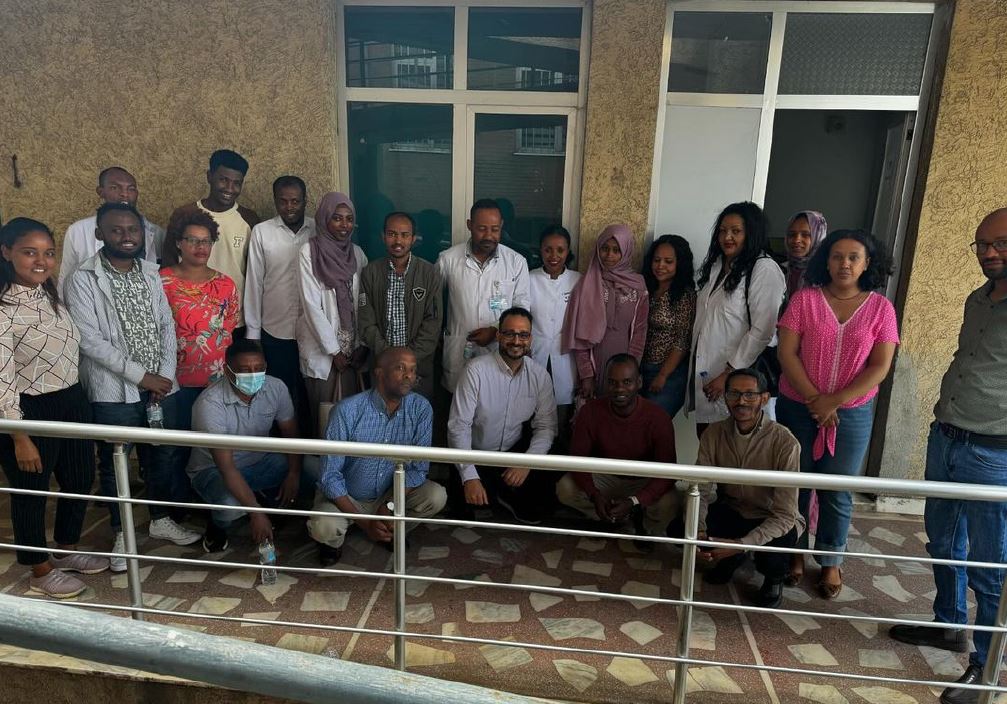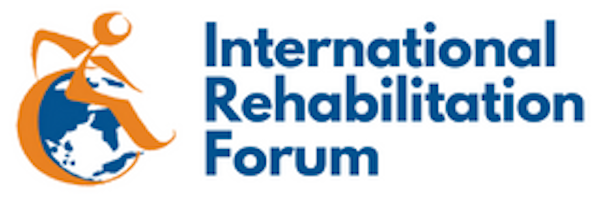Strengthening Rehabilitation Medicine in Ethiopia: Observations from a Needs Assessment Trip

In May 2024, Dr. Samman Shahpar undertook a needs assessment trip to Addis Ababa, Ethiopia, funded by the Cabot Grant. The primary objective of this visit was to evaluate the existing rehabilitation infrastructure and identify areas requiring development and support. This visit also provided an opportunity for essential on-ground observations and engagements with local stakeholders.
Throughout his stay, Dr. Shahpar actively collaborated with local leaders and healthcare communities to gain a deeper understanding of the local context, challenges, and system dynamics that impact the development of Physical Medicine & Rehabilitation (PM&R). His engagements were hosted by leaders like Drs. Sisay, Sena Dhugasa and Tariku Tadese, who are former and current IRF Africa Fellows, and are at the forefront of developing PM&R practices in Ethiopia.
Dr. Shahpar led multiple workshops to introduce and emphasize the importance of PM&R in improving patient outcomes. These activities aimed at advocating for building local capacity and expertise in PM&R. He also provided in-depth training to a group of internal medicine residents on integrating PM&R in palliative care practices. Dr. Shahpar visited several locations including:
Ethiopian Prosthetic and Orthotic Services (EPOS)
Major Hospitals: His tours included St. Paul's Hospital Millennium Medical Center, ALERT Hospital, Black Lion Hospital, and AAU Burn Trauma Hospital
Mekodonia Charity: Supportive services to the disabled and elderly
National Rehab Council
The visit highlighted the remarkable strengths of local young leaders dedicated to advocating for the implementation of PM&R services. For example, Drs. Sena Dhugasa and Tariku Tadese, who are alumna and current fellow at the IRF’s two-year Fellowship program, demonstrated their pioneering spirit and resilience overcoming resource limitations and time constraints. Their deep understanding of the community’s needs and context enables them to adapt and practice the skills tailored to the population’s specific needs. Their ability to inspire and mobilize healthcare teams is a crucial asset in driving forward the multidisciplinary PM&R care. This leadership and local knowledge can drive sustainable changes in the health paradigm.
Key challenges observed include fragmented efforts due to poor coordination among stakeholders, insufficient staffing with qualified personnel, and communication breakdowns hindering knowledge sharing and best practice adoption.
This gap hinders the potential for synergistic efforts and often results in well-intentioned initiatives falling short due to implementation challenges.

Through continued collaboration, publication, and empowerment of local leaders, there lies a promising path ahead to strengthen rehabilitation in Ethiopia. The findings and experiences from this trip will guide future initiatives, such as empowering local leaders by linking them with global networks, enhancing connections established during the trip to foster better coordination among stakeholders to build robust communication, and broadly disseminating insights gained through our processes.
About International Rehabilitation Forum (IRF)
Founded by Dr. Haig and his brother, Tom Haig after Tom’s spinal cord injury, the International Rehabilitation Forum (IRF) is a non-profit organization committed to fostering expertise and collaboration in the development of relevant rehabilitation medicine practices in low-resource countries. Through its emphasis on capacity building, knowledge-sharing, and advocacy, the IRF aims to ensure that individuals with disabilities and rehabilitation needs, particularly those who are most vulnerable, receive the necessary care to regain their independence. IRF Media helps local rehab teams around the world document and promote their work.

